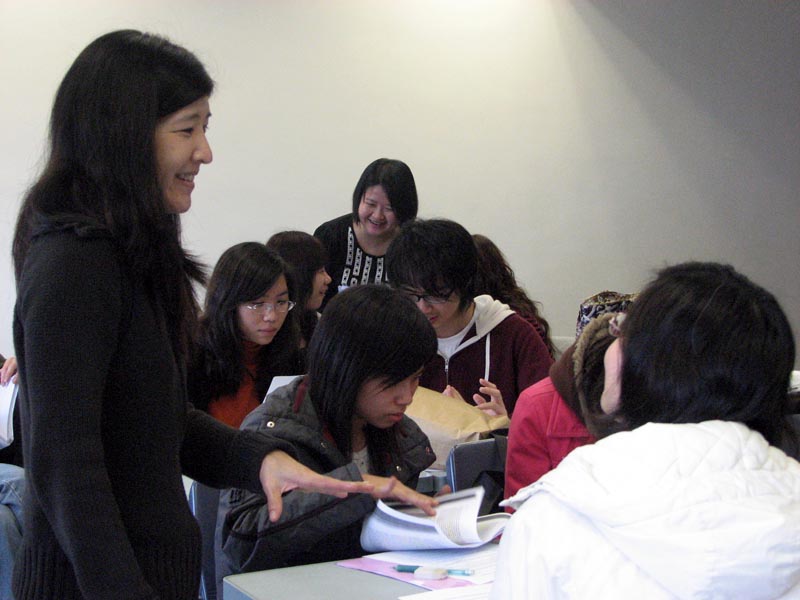Exemplary Teaching Award in General Education 2007
Time: 4:30-5:45pm
Venue: Foyer, Sir Run Run Shaw Hall
Ever since the founding of the Chinese University of Hong Kong, General Education has been a key part of the undergraduate curriculum which aims at nurturing students as educated persons with the intellect and inclination to appreciate broad issues of concern to humanity and modern society.
Over 200 teachers offer General Education courses at CUHK, many of whom are dedicated and outstanding. In recognition of their contributions, the Senate Committee on General Education resolved in 2006 to launch the Exemplary Teaching Award in General Education.
This year, 9 teachers were nominated for the Award. Having studied the course design, teaching and learning activities, and tutelage of the General Education courses they offered, the Senate Committee on General Education decided to present Exemplary Teaching Award in General Education to two outstanding teachers: Dr Lynne Yukie Nakano of the Department of Japanese Studies and Mr Dung Kai Cheung of the Department of Chinese Language and Literature.
Dr NAKANO Lynne Yukie
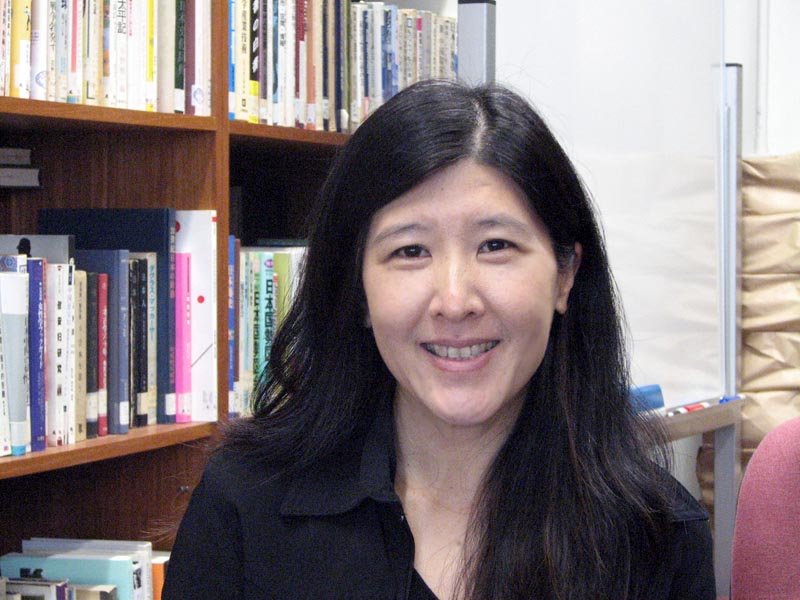
Dr Lynne Yukie Nakano obtained her MPhil and PhD in Anthropology from Yale University in 1991 and 1998 respectively. A native of Hawaii, she joined the Department of Japanese Studies (JAS) of The Chinese University of Hong Kong while pursuing her PhD study. She received the Excellence in Teaching Award 2005-06 from JAS.
She is currently an Associate Professor in JAS, and acting as a Co-Director of the Gender Studies Programme. She is also the Head of Graduate Division of both departments. Her research interests include women and gender issues in Japan and Hong Kong, marriage and life choices, volunteerism and civic sphere in Japan, and images of fashion, body and beauty in Hong Kong and Japan.
In recent years, Dr Nakano has been teaching the General Education course UGC223G ‘Introduction to Japanese Culture and Society’, which introduces students to the major characteristics of Japanese society and human experience. She has successfully designed the course to be comprehensive yet in-depth by integrating various desired General Education attributes. It arouses students’ awareness of the interconnection between different disciplines and provides academic reflection on diverse cultures.
Besides subject knowledge, through discussing and analyzing the Japanese society as a complex whole, the course challenges students to go beyond their own stereotypes, reconsider their own values and ways of looking at life, and reexamine how social changes in Japan may affect Hong Kong. Through this process, students’ critical thinking ability is also nurtured.
The well-designed course content is synergized with Dr Nakano’s thoughtful and engaging teaching and assessment methods. Besides reading required materials weekly, students are encouraged to participate actively in different interactive teaching and learning activities, including class discussions, web-based forums and the viewing of films and documentaries. It helps students broaden their horizon and reexamine their own values. Students are required to conduct a group research project on topics selected by themselves so as to enhance their abilities on data collection, analysis and comprehension, and cultivate their teamwork skill. Students are also required to finish a take-home examination, which covers the lectures, assigned reading and films. These assessment methods thoroughly test students’ understanding of Japanese society and culture.
Detailed guidelines and timely feedbacks are also given to students so that they can understand the course’s expectations. As reflected in the students’ work, Dr Nakano’s rigorous teaching and assessment methods and enthusiastic guidance have successfully engaged students to be active and successful learners.
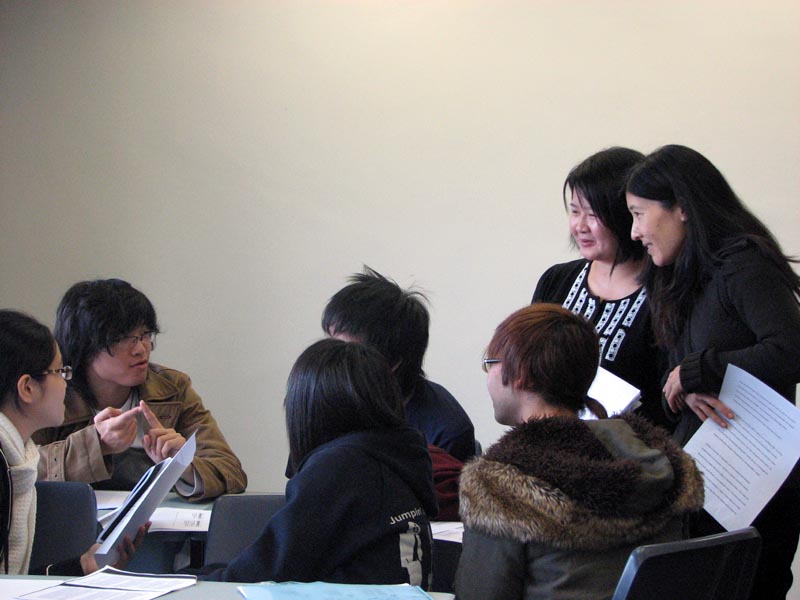
Mr DUNG Kai Cheung
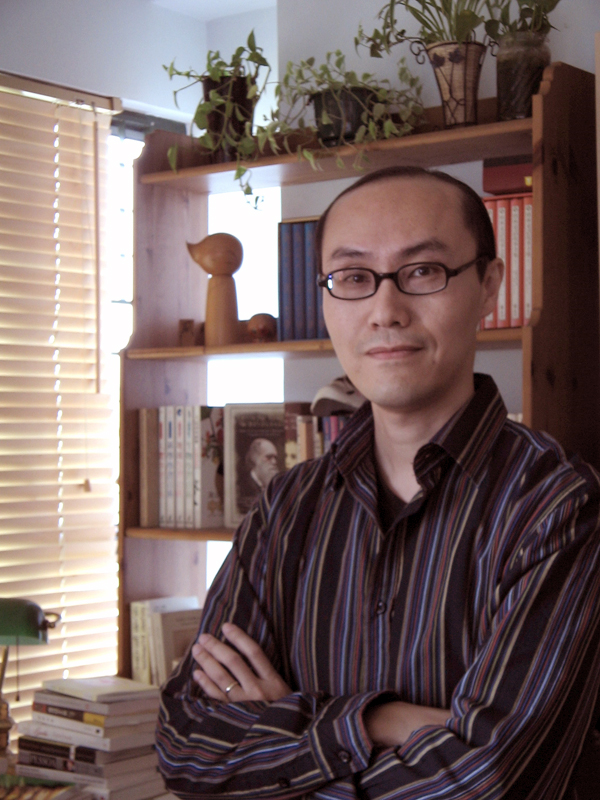
for a general knowing, we learn to think and judge."
Mr Dung Kai Cheung graduated from the University of Hong Kong and obtained his Master’s degree in Comparative Literature in 1994. An acclaimed novelist, he started publishing in 1992, and has since received several major literature awards in Hong Kong and Taiwan. He is currently a part-time lecturer at The Chinese University of Hong Kong.
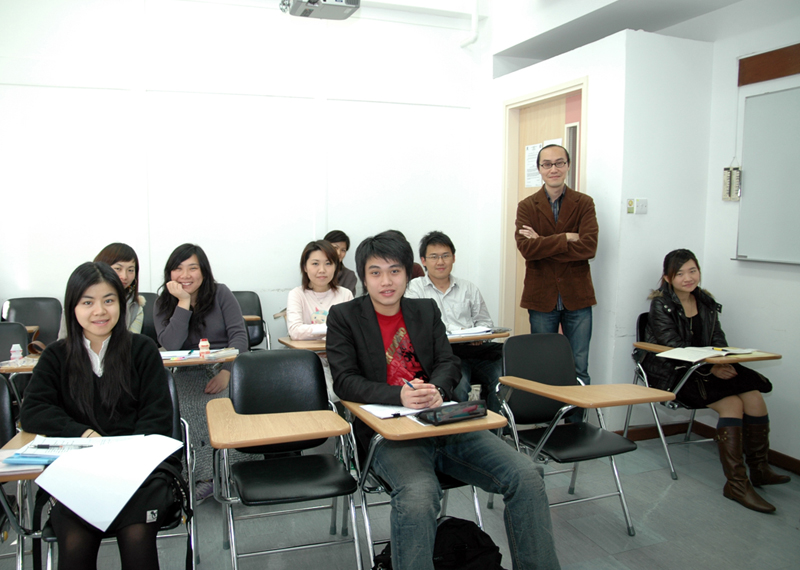
Mr Dung has been teaching the General Education course UGD204C ‘Appreciation of Hong Kong Literature’ since 1997. By introducing literary works of Hong Kong, Mr Dung aims not only to foster students’ interest in literature, but also to cultivate students’ sensitivity and their reflections on the living reality. Students are presented with a thoughtfully chosen, extensive list of readings covering different periods and authors. In order to broaden their thinking, students are encouraged to analyze with a multi-angle approach.
To cultivate students’ creativity, Mr Dung has referenced on what our predecessors did — urging students to read more and read keenly. When guiding students to understand, analyze and comment on a given text, he emphasizes the perspective of the writer, rather than a scrutinizing academic. Such an approach helps enhance students’ creativity and their understanding of creativity. At the end of the course, students will be asked to create their own literature. Their performance is often commendable.
Mr Dung asks the students to begin their learnings by analyzing the selected texts. When they start to grasp the methods of creative writing, they will move on to compose their own versions through emulation. He asks the students to apply the inspirations from the predecessors’ text to their own living reality. He believes that, only when the content and the chosen methods are closely relevant to the students themselves can they truly engage in their writing, and create works with original ideas and unbounded imagination.
Mr Dung and the course itself have been highly praised in students’ evaluations. Students found the study of literature of diverse styles and sensibilities serve the objective of general education. They praised Mr Dung for his erudition, unique perspective and thorough preparation for class. The students also appreciated his clear presentation as well as his deep and broad understanding towards the Hong Kong literature. The teacher’s sense of humor was also appreciated. In the class, Mr Dung does not confine his discussion to the texts, but also shares with students his experiences and insights on creativity and our daily lives. This not only broadens the student’s horizon in literature, but also raises their awareness of the society.
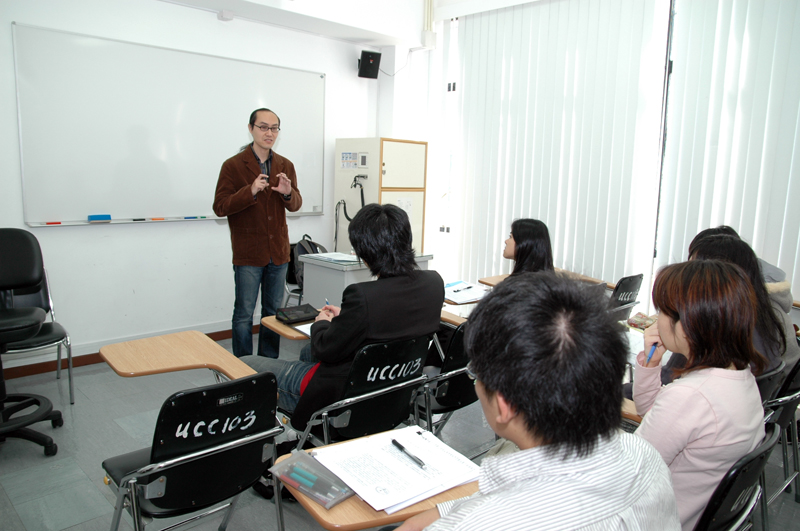
Mr Dung strongly believes in the ideal of general education. He explained that when he was at school, he had focused on the arts subjects and his interests were relatively narrow. After starting his writing career, Mr Dung realized the need to expose himself to a wider perspective. He has since developed interests on various fields of studies and his reading too has become more eclectic. What he believes is that literature that encompasses and integrates different realms of knowledge is itself realization of the spirit of general education.
